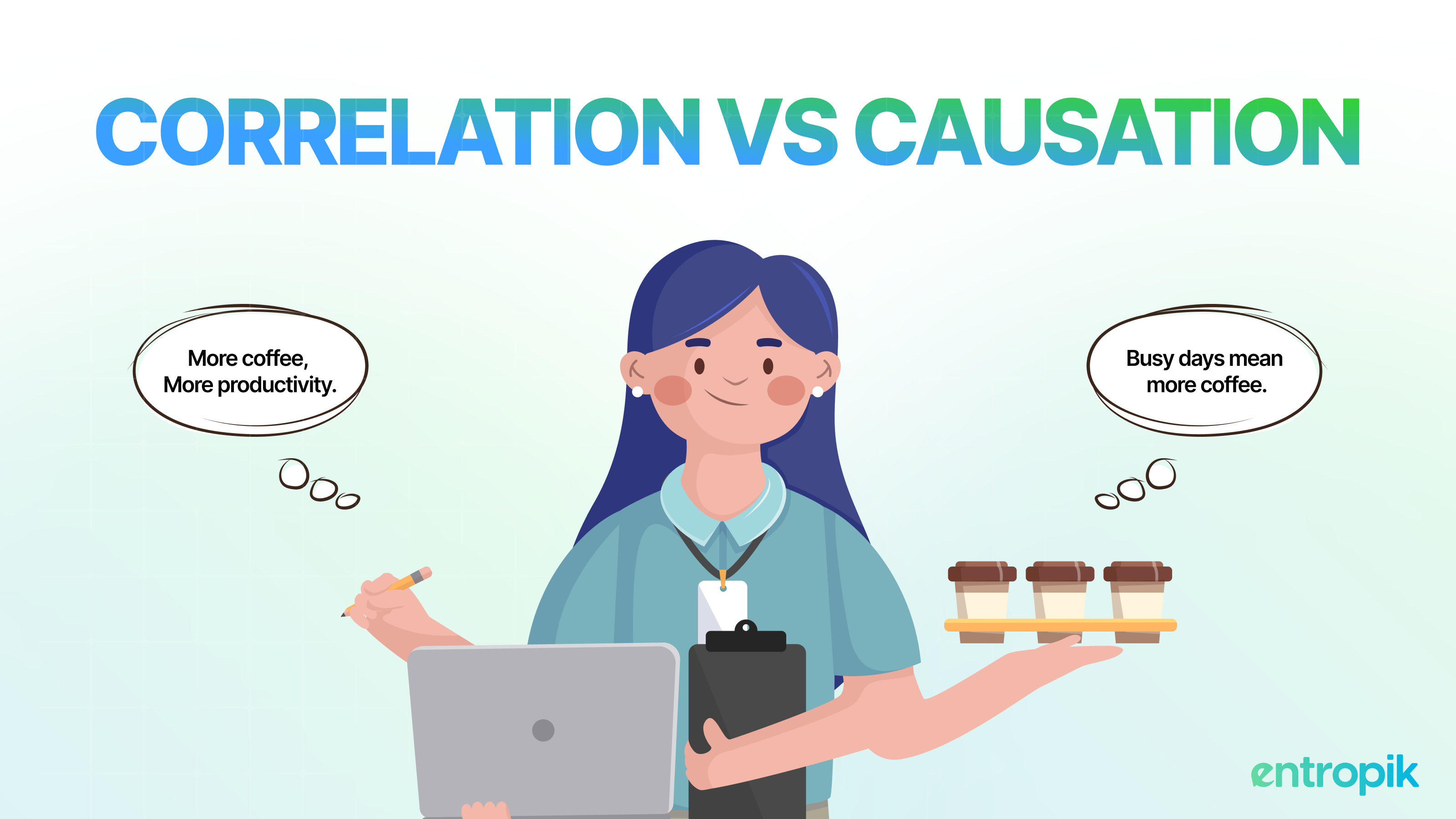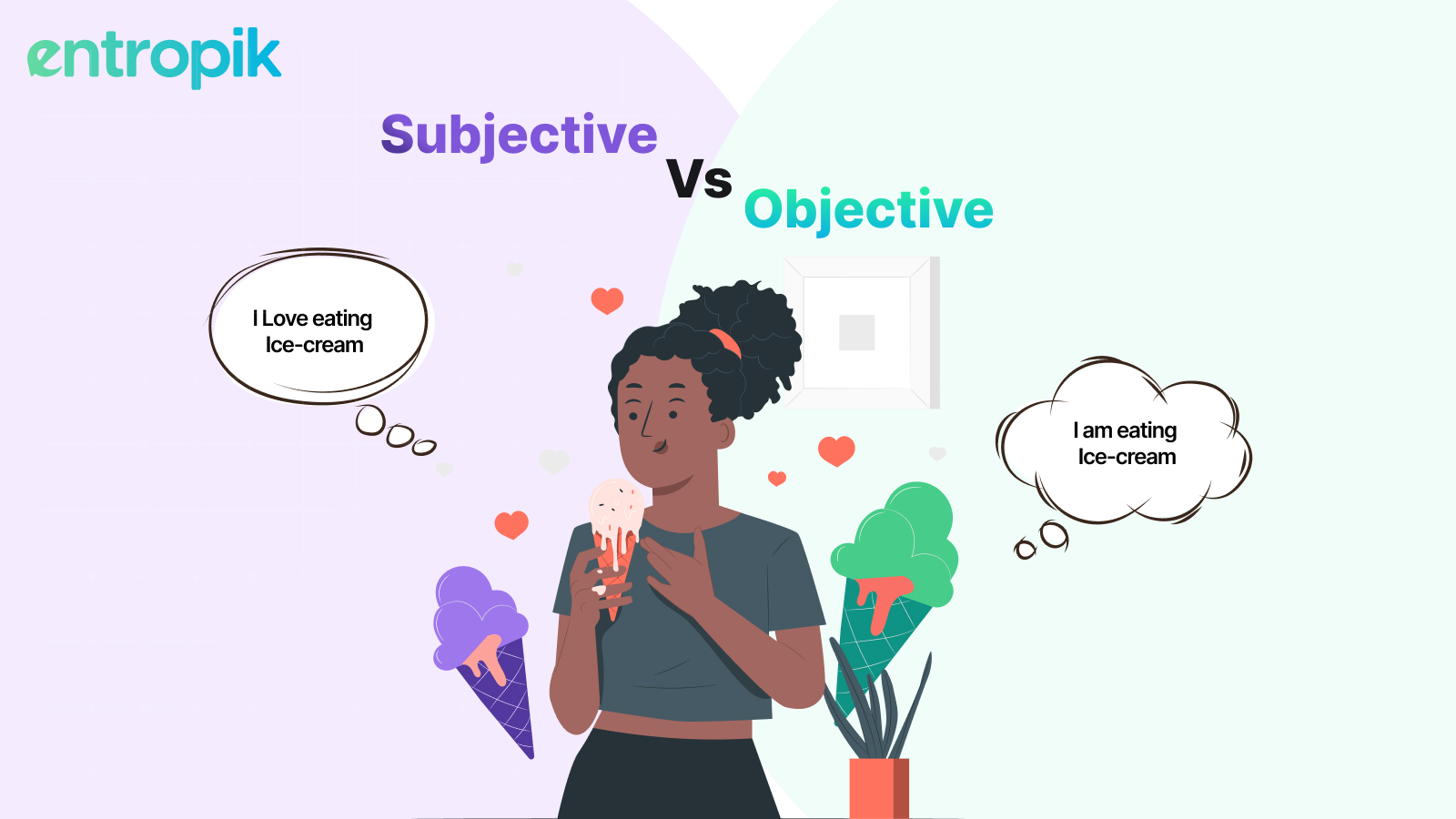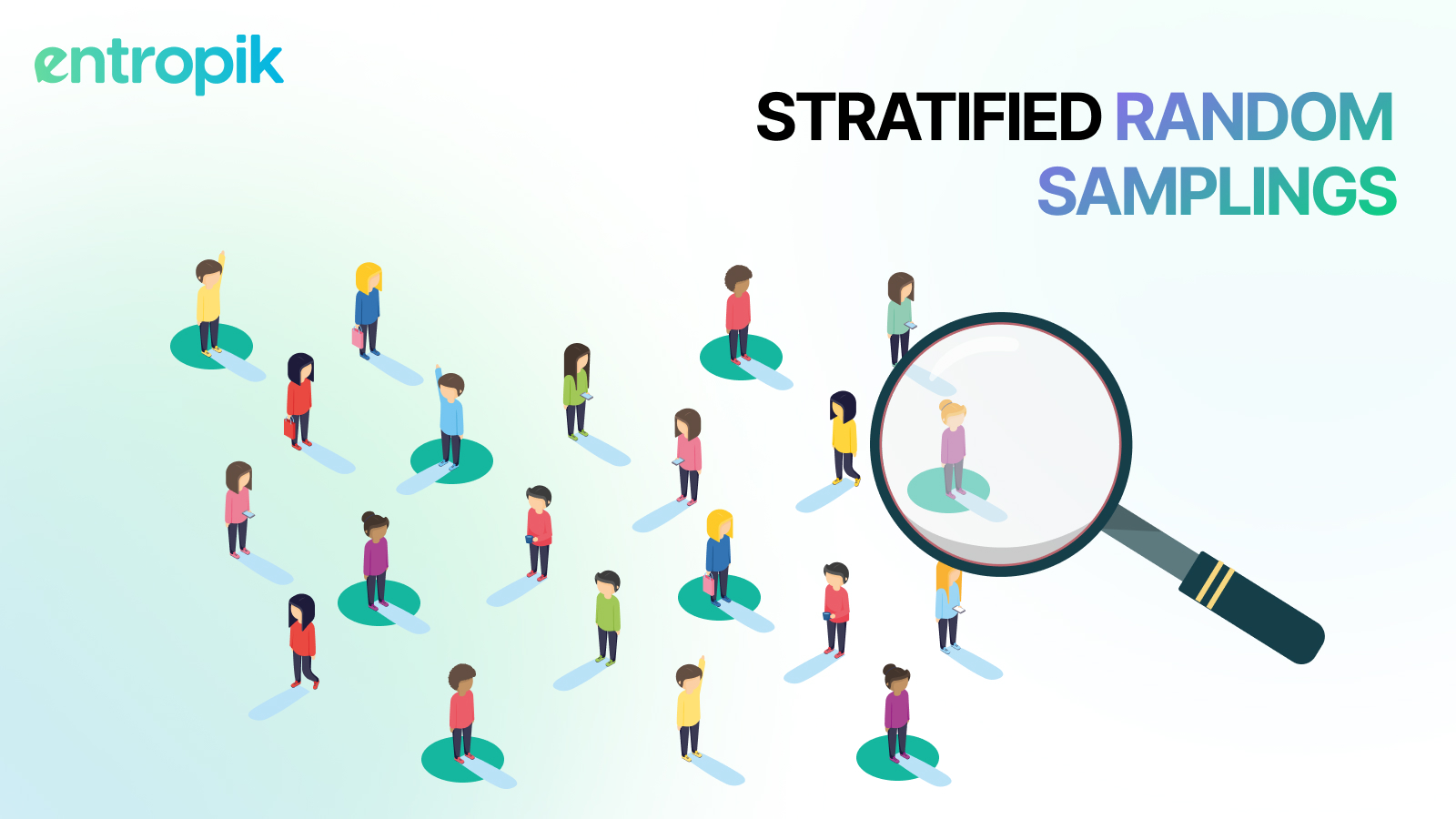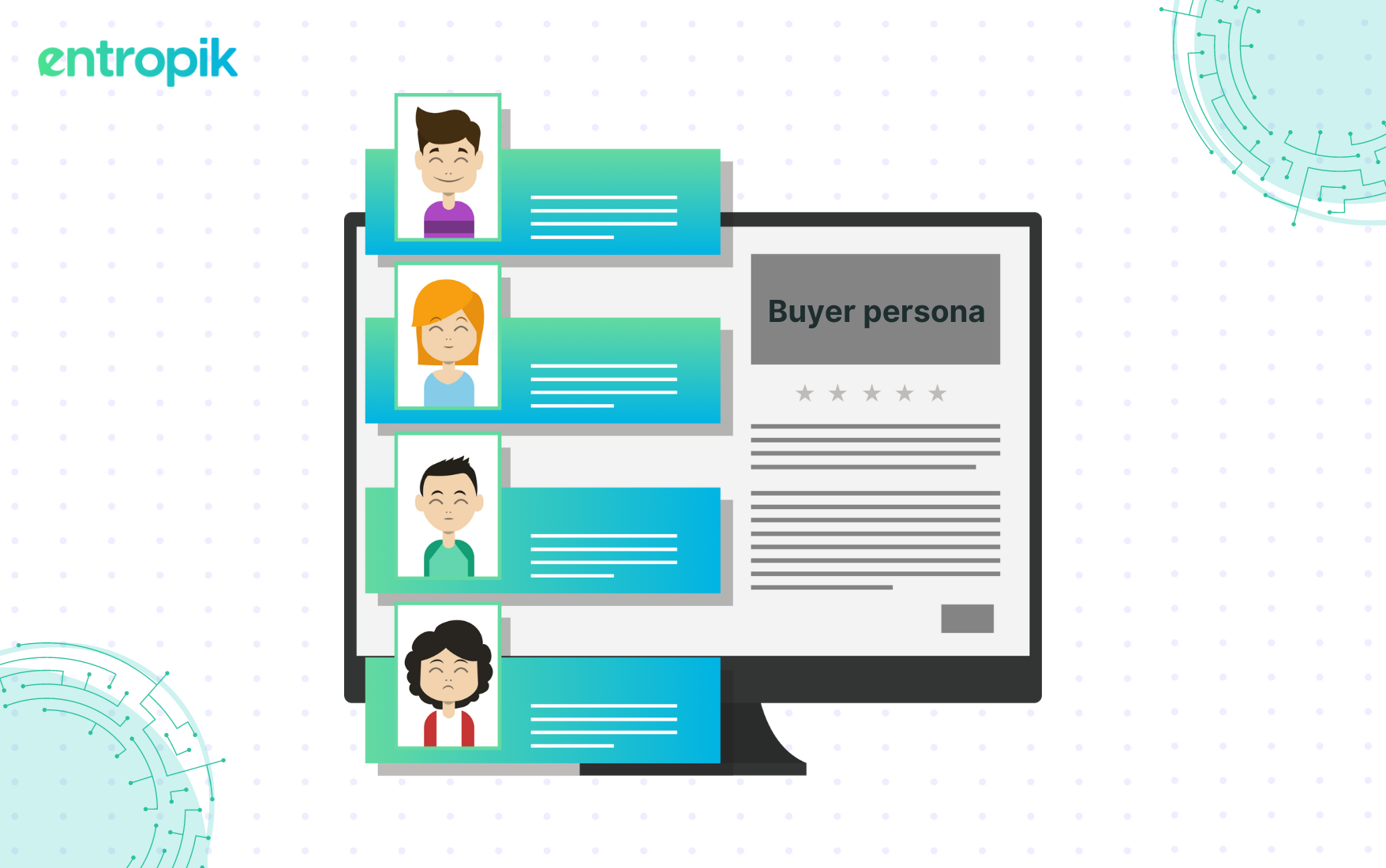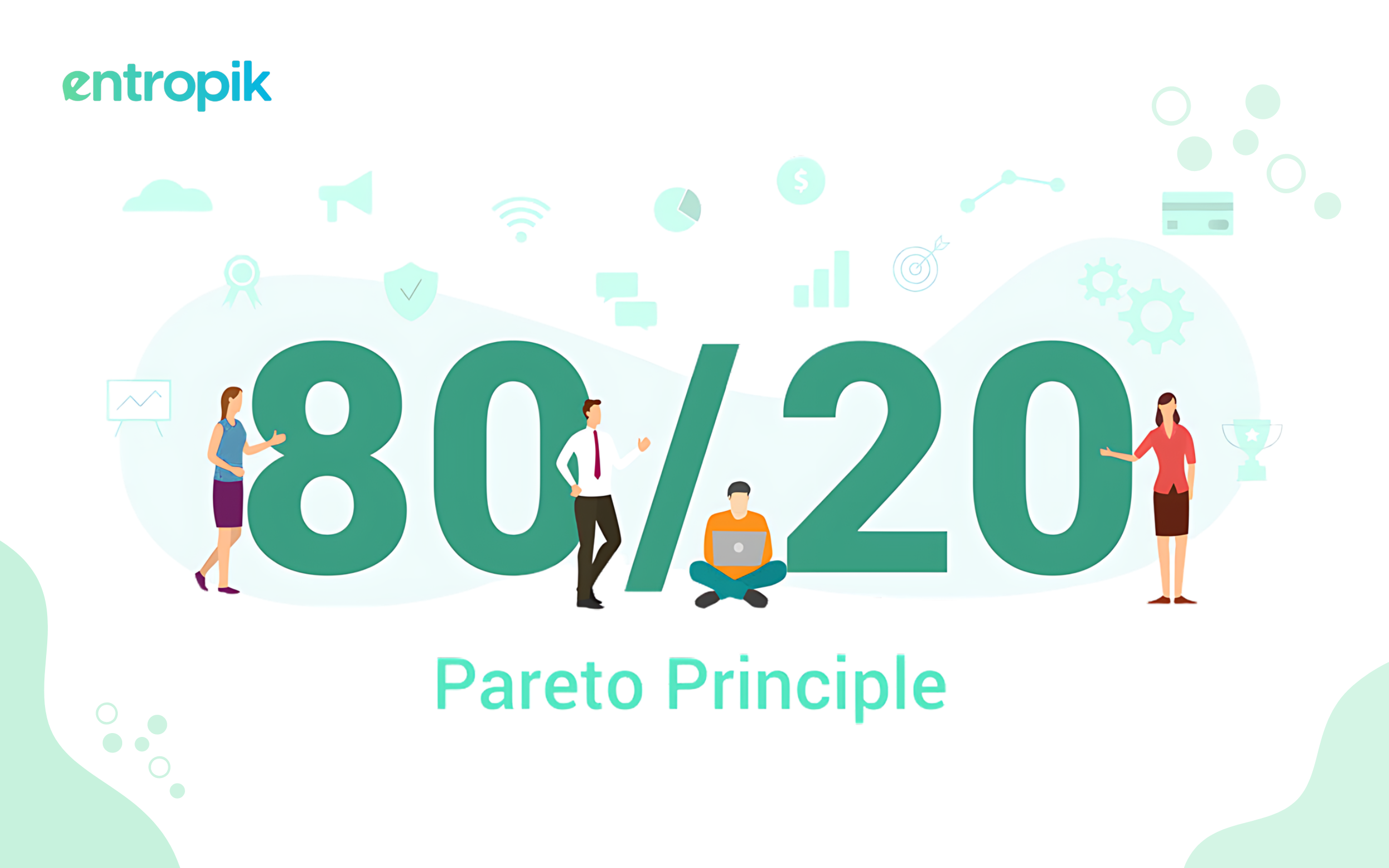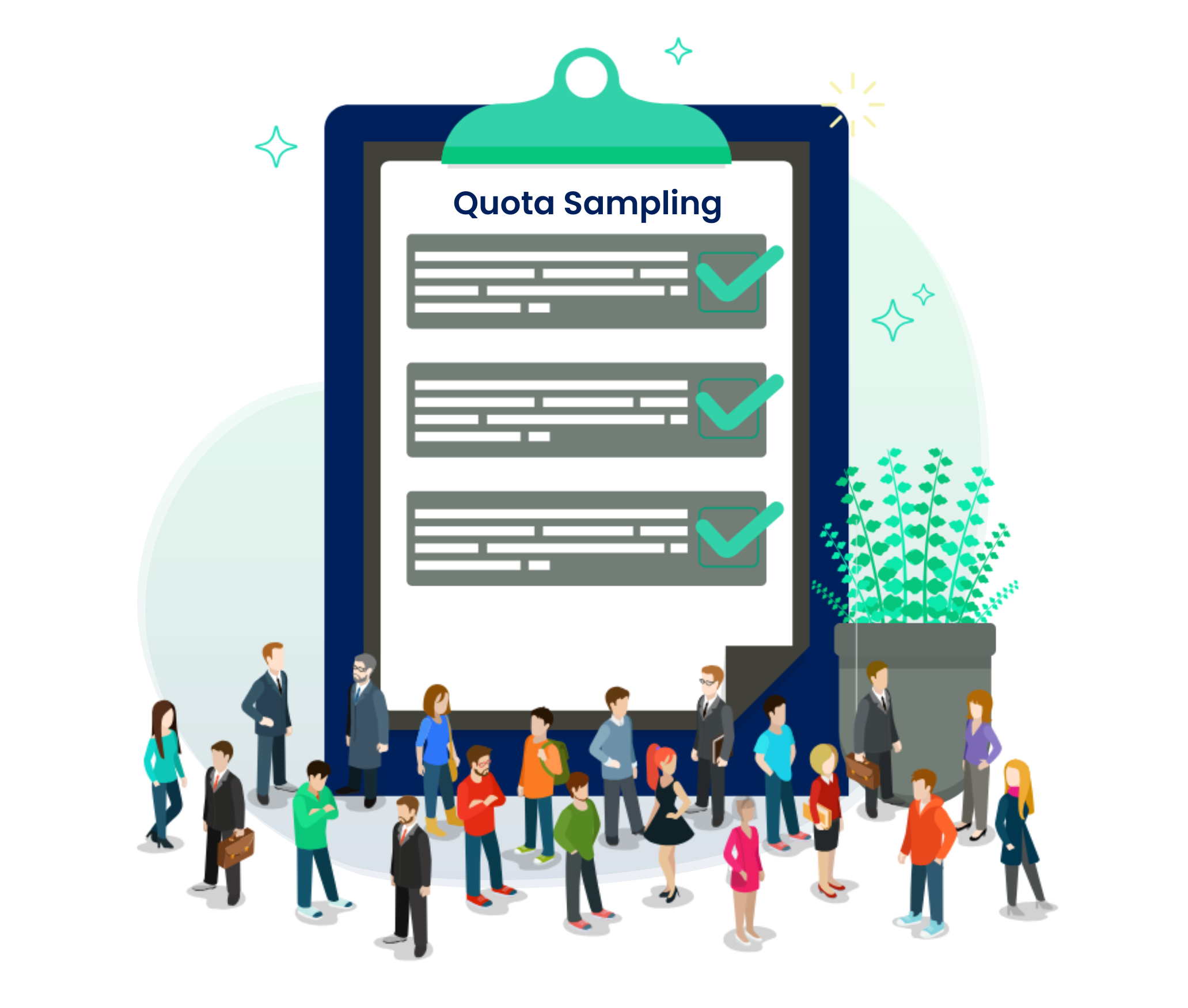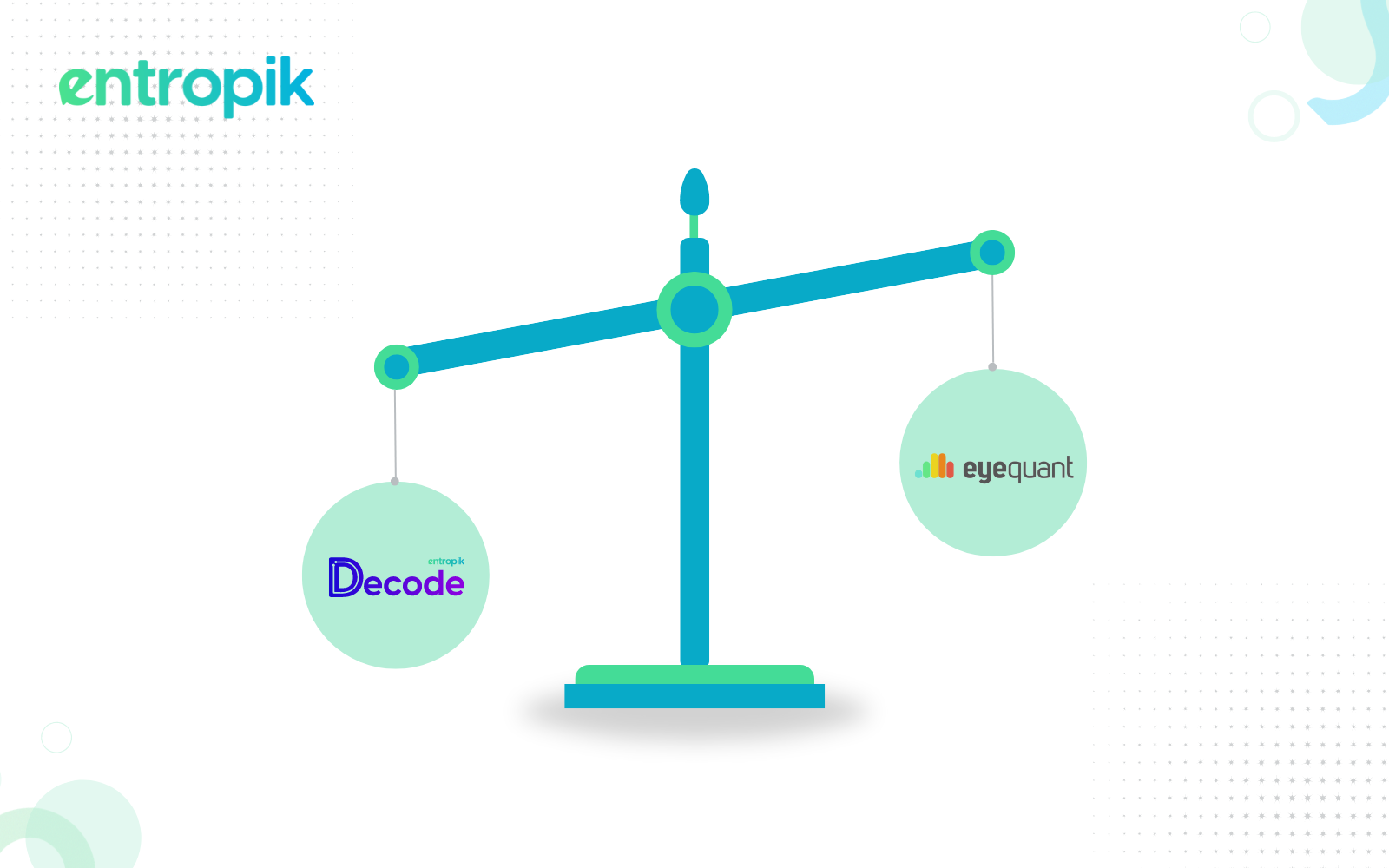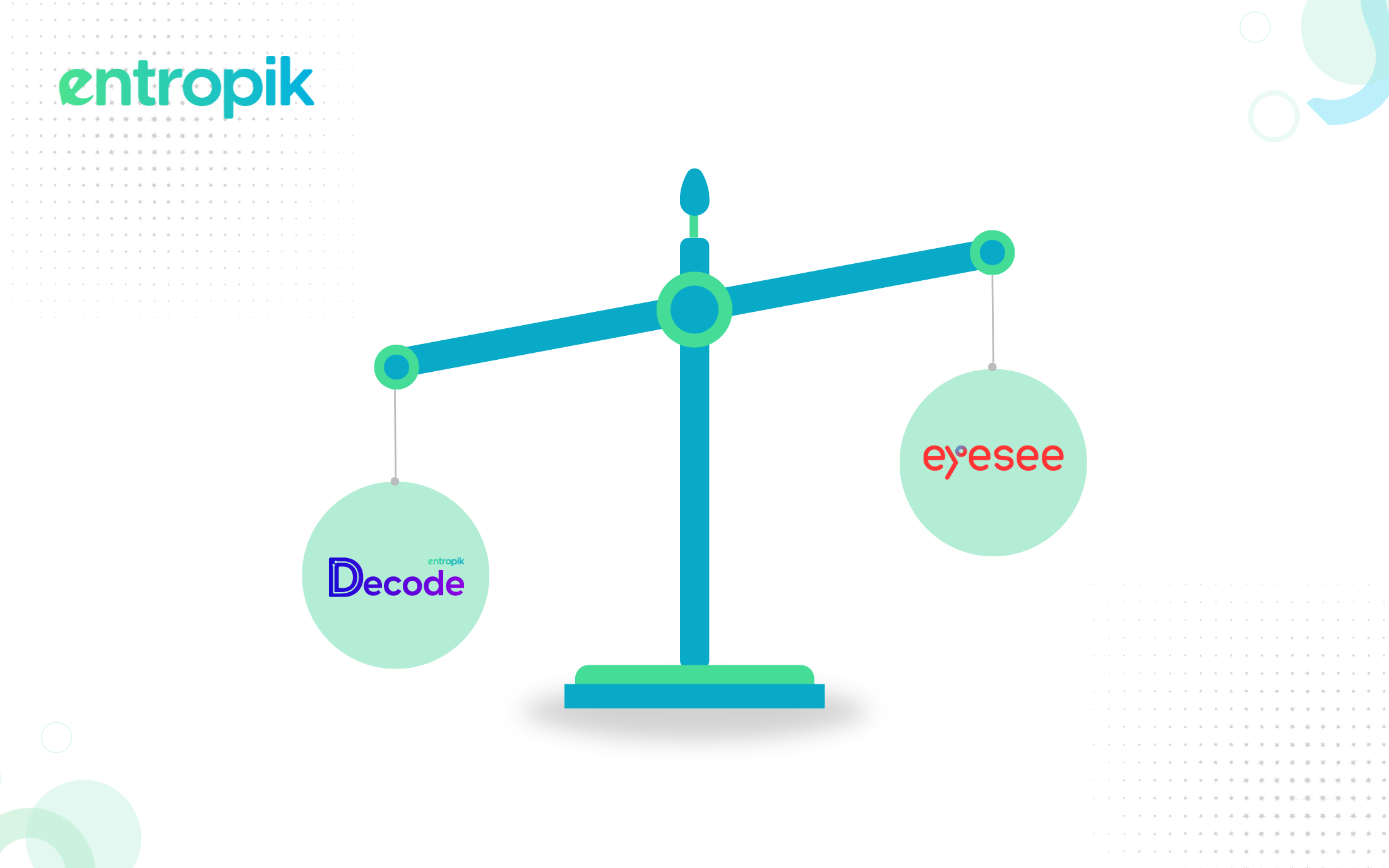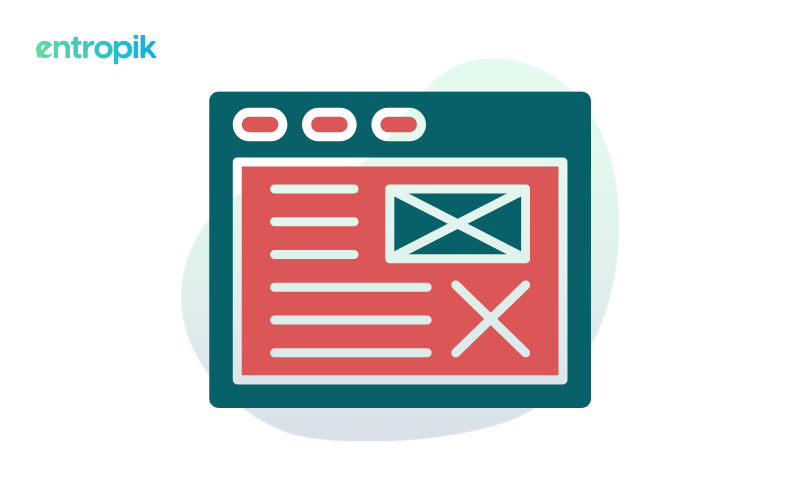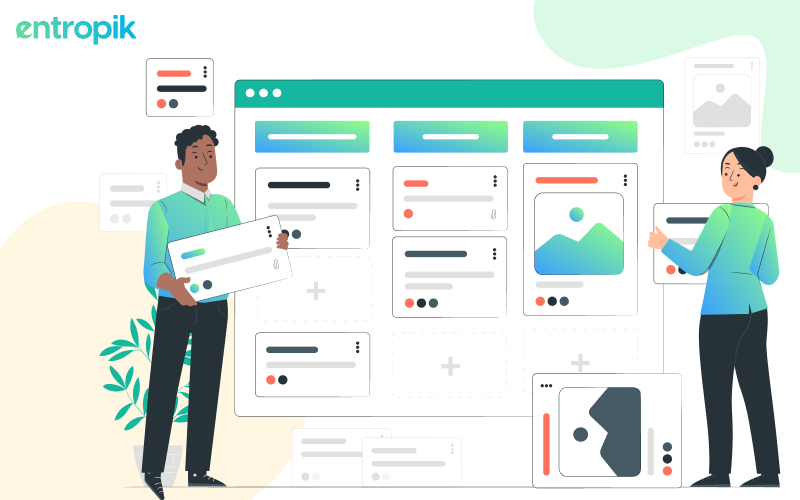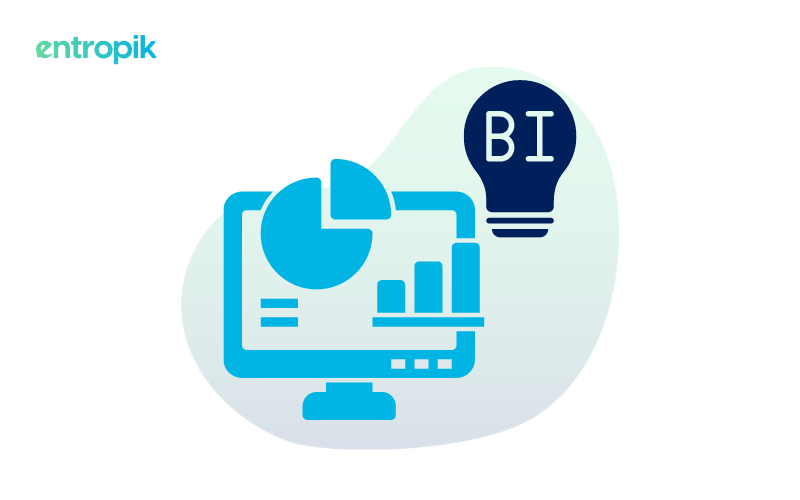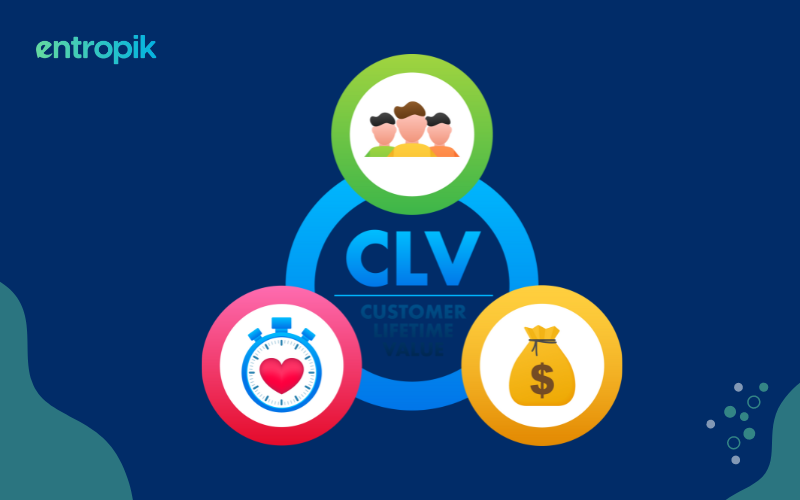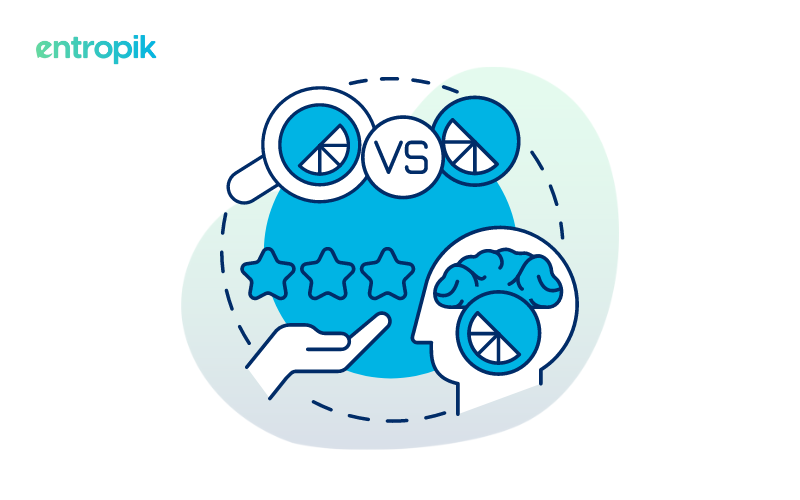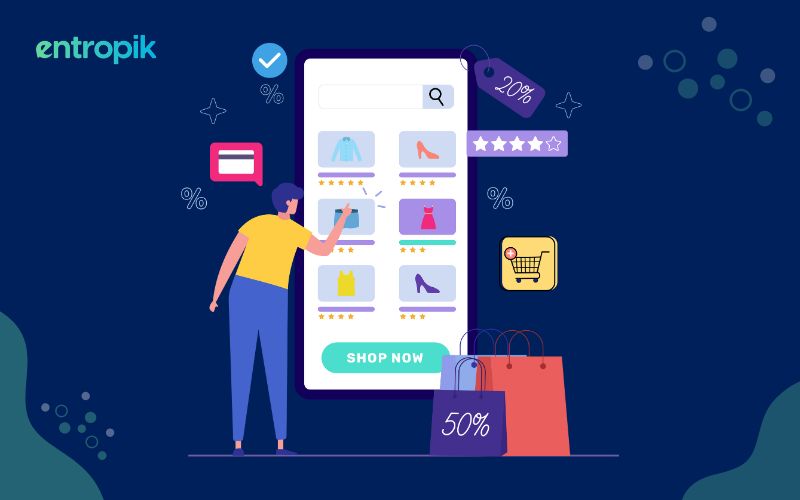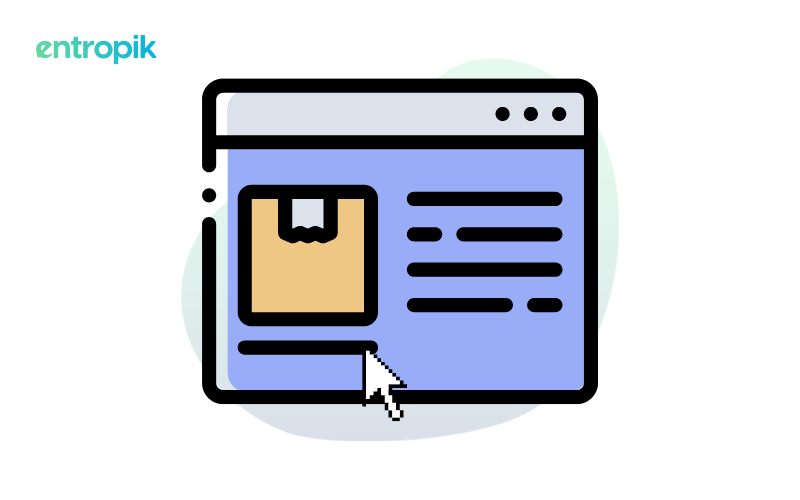Surveys are one of the most powerful tools in market research, providing valuable insights directly from your target audience. Whether it's understanding consumer preferences, product feedback, or user experience, surveys help in gathering data that can influence key business decisions. But what exactly is a survey? And how can you create one effectively using modern platforms like Decode? This article breaks it all down.
What is a Survey?
A survey is a method of collecting data by asking a series of questions to a targeted group of respondents. It's designed to gather opinions, feedback, or insights on specific topics, such as customer satisfaction, market trends, or user experiences. Surveys can be conducted through various channels, including online, over the phone, or in person, and they often consist of multiple question types like multiple choice, ratings, and open-ended responses. The data collected through surveys helps organizations make informed decisions, understand their audience better, and improve products or services.
Types of Surveys

Customer Satisfaction Surveys (CSAT & NPS)
Customer satisfaction surveys measure how happy customers are with a product, service, or experience. Two popular types are CSAT (Customer Satisfaction Score) and NPS (Net Promoter Score).
- CSAT Example: After purchasing a product online, customers may receive an email with a short survey asking them to rate their overall satisfaction with the product and delivery process on a scale of 1-5.
- NPS Example: A company may send a survey with the key question, “How likely are you to recommend our product to a friend or colleague?” on a scale of 0-10. The results help gauge customer loyalty by categorizing responses into promoters, passives, and detractors.
Market Research Surveys
Market research surveys are designed to gather insights into consumer behavior, market trends, and product potential. They help companies understand what customers want, their preferences, and how to position products in the marketplace.
- Example: A company planning to launch a new type of energy drink might conduct a survey asking potential customers about their preferences for flavors, price points, and packaging. The survey could also gather insights into how often they buy energy drinks and what they look for in such products.
Employee Feedback Surveys
Employee feedback surveys focus on understanding the workplace environment, employee engagement, and overall job satisfaction. These surveys help HR teams improve company culture, address issues, and retain talent.
- Example: An HR department might send out a quarterly survey asking employees to rate their satisfaction with aspects like work-life balance, leadership support, and opportunities for growth. The survey could also ask open-ended questions to gather feedback on what could improve the workplace.
Product Testing Surveys
Product testing surveys are used to gather feedback on a product’s features, usability, and overall experience. This is usually done during the development or prototyping phase to refine the product before its official release.
- Example: A tech company developing a new smartphone might ask a group of beta testers to fill out a survey after using the device. The survey could include questions about the phone’s battery life, performance, user interface, and overall experience. Insights from these surveys help developers make improvements before the final launch.
Event Surveys
Event surveys are conducted before or after an event to measure attendee expectations or satisfaction. They are useful for improving future events by understanding what worked well and what didn’t.
- Pre-Event Survey Example: Before hosting a conference, organizers might send out a survey to registered attendees asking them about their expectations, preferred topics, and any dietary restrictions for the event. This helps the organizers tailor the event to meet attendee needs.
- Post-Event Survey Example: After the event, a survey might ask attendees to rate the quality of the speakers, sessions, and overall organization. The feedback can be used to improve future events or address any shortcomings.
Ad Testing Surveys
Ad testing surveys evaluate the effectiveness of advertisements in terms of attention, message clarity, emotional impact, and recall. These surveys help marketers determine whether their ad campaigns resonate with the target audience before scaling them up.
- Example: A company might run an online ad for a new product and then send a survey to a segment of their audience asking questions like, “What did you think the main message of this ad was?” and “How likely are you to buy this product after seeing this ad?” The feedback can highlight any areas where the message needs to be clearer or more compelling.
Benefits of Surveys
Surveys offer numerous advantages for businesses looking to gain a deeper understanding of their audience:
- Direct Feedback: Surveys provide firsthand data from the source—whether it's customers, employees, or users.
- Cost-Effective: Compared to other research methods, surveys are affordable and can be conducted online with minimal overhead.
- Flexibility: You can design surveys for a variety of objectives, from measuring brand loyalty to testing new product ideas.
- Quantifiable Results: Surveys can offer both qualitative and quantitative insights that are easy to analyze and act upon.
- Actionable Insights: With data-driven results, businesses can make informed decisions and optimize strategies for better outcomes.
Why Use Surveys? (Use Cases)
Surveys serve multiple functions in various industries:
- Concept Testing: Before launching a product or service, surveys can gauge the market’s reaction to the concept.
- User Experience Research: To improve website or app design, surveys can collect user feedback on pain points and navigation issues.
- Brand Tracking: Understand how your brand is perceived over time through regular surveys.
- Ad Testing: Gain insights on how effective your ad campaigns are in capturing attention and delivering the right message.
- Customer Satisfaction (CSAT & NPS): Track customer satisfaction levels and loyalty through feedback, helping to improve customer experience.
Best Survey Tool – Decode

One of the leading tools in the market today for surveys is Decode. Powered by AI, Decode is an integrated consumer research platform designed to make survey creation and data analysis seamless. It not only supports a wide range of survey types but also provides in-depth insights through its advanced analytics.
How to Create a Survey on Decode
Creating a survey on Decode is incredibly intuitive. Here’s a step-by-step guide:
- Log in to Decode and navigate to the survey creation tool.
- Select a survey template or create a custom survey based on your objectives.
- Add your questions using a mix of different formats—multiple choice, text entry, and scales.
- Customize the survey design to align with your brand’s aesthetics.
- Launch the survey and share it with your target audience via email, social media, or embed it on your website.
- Analyze the results with Decode’s AI-powered analytics to extract meaningful insights.
Types of Survey Blocks on Decode
Decode offers a variety of survey blocks to help you design highly engaging and effective surveys:
- Multiple Choice Block: For collecting specific responses with predefined answer options.
- Likert Scale Block: Used for measuring attitudes or opinions on a scale (e.g., strongly agree to strongly disagree).
- Open-Ended Block: Allows respondents to freely express their thoughts in their own words.
- Rating Block: This block helps gather feedback on a product or service on a scale (e.g., 1-5 stars).
- Matrix Block: Ideal for comparing multiple aspects of a product or service in one question, using a grid of responses.
Read more about the types of survey blocks we have.
Book a Meeting to Learn More
If you're interested in exploring how Decode can elevate your survey game, book a meeting with our team. We'll guide you through the platform and help tailor solutions to your specific research needs.
{{cta-button}}


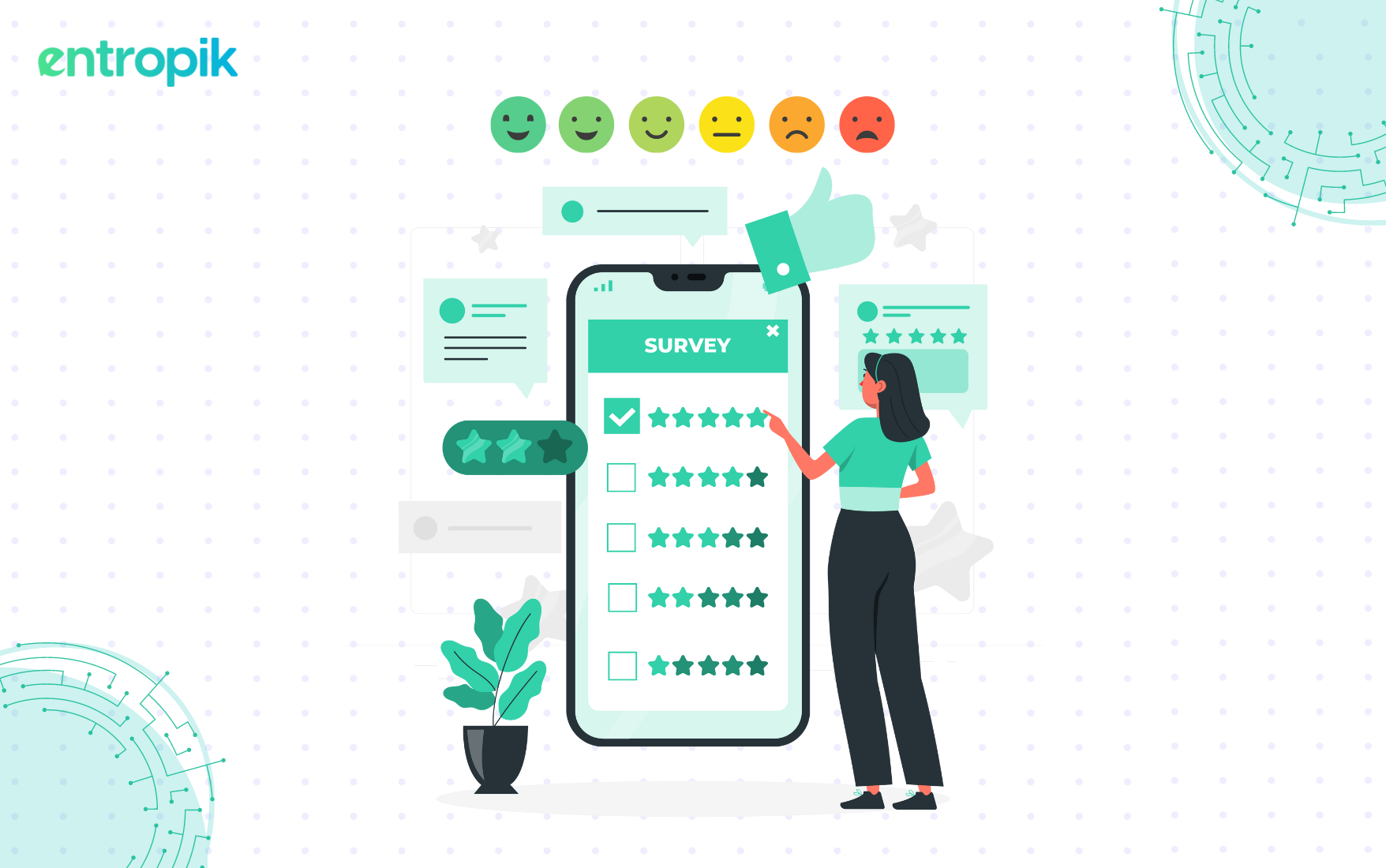












.jpg)



